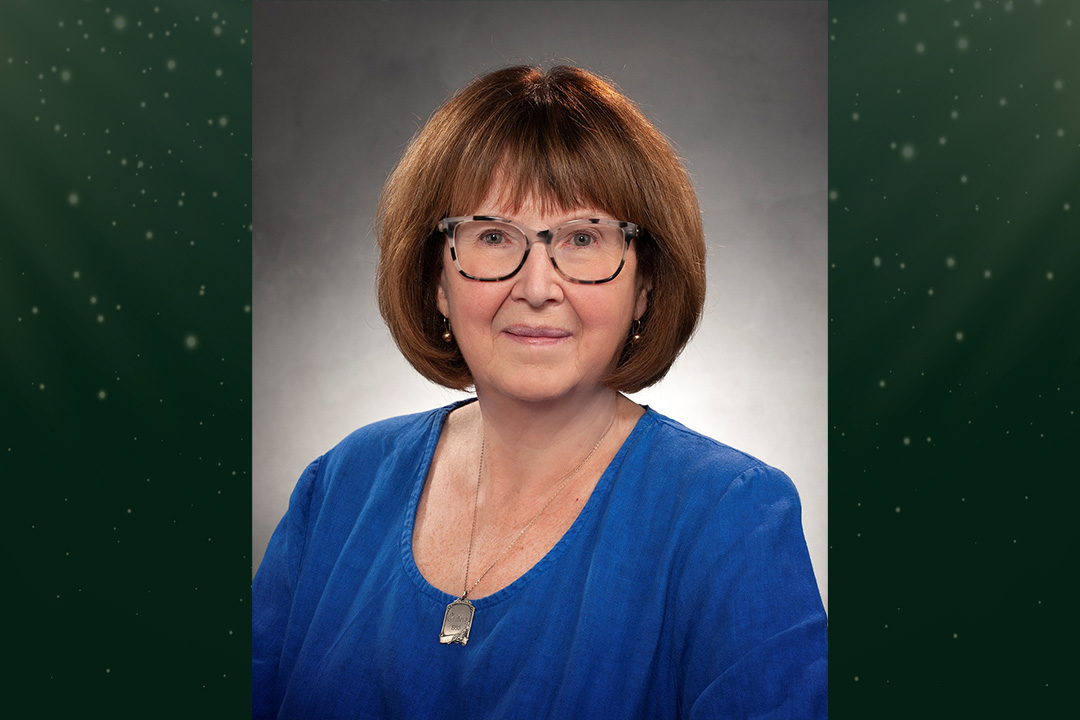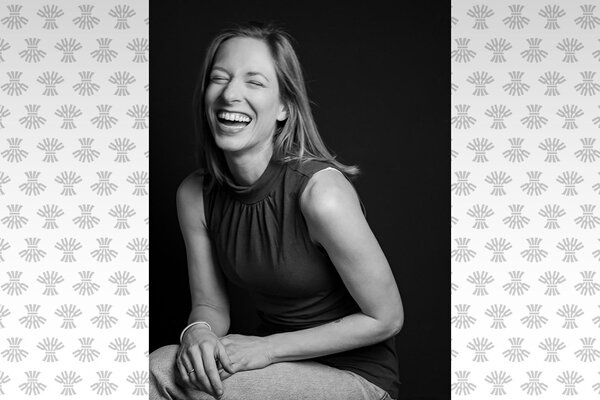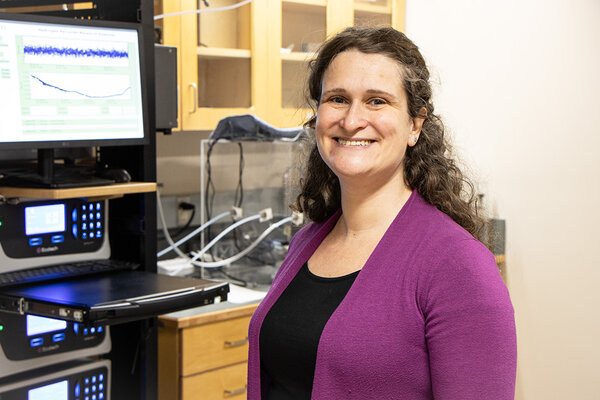
Q&A with Saskatchewan's longest serving woman parliamentarian
Pat Atkinson (BA’73, BEd’77) has been selected as an Alumni of Influence Award recipient
The classes Pat Atkinson (BA’73, BEd’77) took at the University of Saskatchewan (USask) helped foster an interest in politics, elections and public opinions.
Her interest is what led Atkinson to become the longest serving woman parliamentarian in the province’s history.
Pat Atkinson has been selected as one of four recipients of this year’s Alumni of Influence Awards.
For 25 years, she served as an MLA as part of the New Democratic Party (NDP) in Saskatoon. Between 1986-2011, Atkinson held many Cabinet positions in the provincial government, including Social Services, Post-Secondary Education, Health, Education, Finance and Deputy Leader of the Opposition.
Since 2011, Atkinson has worked with parliamentarians, public servants, political party activists and candidates on a national and international scale. She has received many notable recognitions over the years.
She has navigated international relationships between nations, including as a consultant assisting the National Democratic Institute in helping Afghan refugees in North Macedonia. She also worked as an international elections observer for polling procedures in various countries, including Ukraine, Afghanistan, Pakistan and Russia.
The AOI Awards celebrate and recognize outstanding alumni from the College of Arts and Science. The recipients’ remarkable achievements and contributions have an impact on their respective fields, communities, and the university.
If there is a College of Arts and Science graduate who is making an impact in their community, submit a recommendation. Recommendations can be submitted at any time during the year.
The College of Arts and Science asked Atkinson a series of questions about her experience at USask and his advice for current students. This interview has been edited for length and clarity.
Q: What is your favourite memory about your time in the College of Arts and Science?
Oh, the friends I made and the professors I had an opportunity to study with. I had a really good time at university, and I also made some lasting friendships because of the classes I took.
I studied history, sociology and political studies – it was called “PoliSci” at the time. I took a class on public opinion polling and that was fascinating. As a result, some of the things I learned at university influenced my life and what I’m interested in.
Q: How did your Arts and Science education help you in your career?
Way back in the day, when I studied public opinion polling, it led to my interest in what people are thinking, and how they think about issues. In terms of my career as a member of the legislature, I was always interested in what people were thinking about various issues.
As a result of that, I spent a lot of time door knocking in my constituency and getting feedback. I also sent out newsletters and asked for people’s opinions. They weren’t scientific by any stretch of the imagination, but you could see themes developing in terms of how people were viewing various public policy issues that the government I was involved in had implemented.
Due to my time in Arts and Science, I’ve become a researcher. I was always looking for evidence-based policy. Not just the “flavour of the month,” but something that would lead to lasting change that was helpful to the citizens of the province.
Q: What advice would you offer to current students in the College of Arts and Science?
Be diverse, take a variety of classes. I took an anthropology class, biological science class, history, English. I ended up with a major in sociology because I had to decide and that became an interest.
Don’t worry about, “What am I going to do when I grow up?” I did worry about what I was going to do, but I also had a variety of interests. I was curious. Just take your time to figure it out.
I know it’s much more expensive to be a student nowadays, so that adds to the anxiety and pressure. But a diverse Arts and Science degree can lead you to a master’s (degree) or further post-secondary education. There’s nothing wrong with being able to think about and talk about a variety of subjects and issues. It just opens the world to you.


